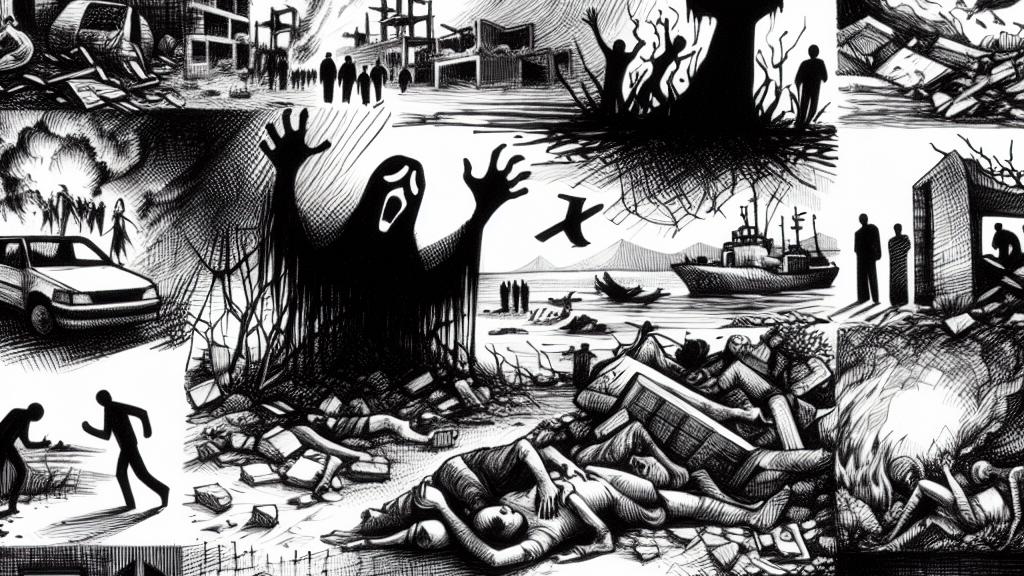Understanding the Sudan Civil War and Recent Violence
Overview
- Recent RSF attacks result in over 200 unarmed civilians brutally killed.
- The ongoing power struggle between military factions intensifies the humanitarian crisis.
- Global attention and action are urgently needed to address the crisis.

Shocking Atrocities in White Nile State
In a horrifying display of violence, recent reports indicate that the Rapid Support Forces (RSF) executed over 200 unarmed civilians in White Nile state. This tragedy unfolded in a span of just three days, leaving behind a grim landscape of fear and devastation. Activists describe these actions as systematic executions and acts of brutality akin to a massacre. Imagine waking up to the terrifying news that your neighbors were targeted simply because they were in the wrong place at the wrong time. The RSF's tactics, including indiscriminate shootings and kidnappings, highlight not only the lawlessness in Sudan but also a troubling disregard for human life. Civilians in these areas, who once thought they were safe, now face an existential threat—a chilling reminder of the perils of war and the critical need for international scrutiny and intervention.
Power Struggle: SAF vs. RSF
At the core of the Sudan civil war lies a fierce and deadly power struggle. On one side, we have the Sudanese Armed Forces (SAF) led by General Abdel Fattah al-Burhan; on the other, the paramilitary Rapid Support Forces (RSF) commanded by Mohamed Hamdan 'Hemedti' Dagalo. Since the conflict ignited in April 2023, the two factions have clashed relentlessly, with Khartoum emerging as a war zone. Casualty estimates are staggering, with some reports suggesting upwards of 61,000 lives lost. This figure doesn’t just represent numbers; it translates into heartbroken families, shattered communities, and cities reduced to rubble. To add to the despair, more than 8.8 million people have fled their homes, seeking refuge wherever they can find it. This relentless power struggle continues to devastate Sudan, revealing the urgent need for resolution. It is clear that the current trajectory can only lead to further suffering unless both sides cease their violence and engage in meaningful dialogue.
Humanitarian Crisis Reaches Catastrophic Levels
As violence rages on, the humanitarian situation in Sudan plunges deeper into crisis. The UN reports that over 25 million people urgently require assistance, placing Sudan amid one of the worst humanitarian crises in history. The grim reality is compounded by widespread famine ravaging the population—nearly half are estimated to be in extreme hunger. Realistically, this means children, the elderly, and countless families are facing dire consequences of starvation. The World Food Programme has urgently warned that without immediate support, many lives are at significant risk. Moreover, neighboring countries like Chad and South Sudan are struggling with an influx of refugees desperate for safety, overwhelming aid resources to the breaking point. As the world watches, it becomes increasingly crucial for the international community to mobilize and act. Our collective response could provide the lifeline these vulnerable populations desperately need, helping them regain a semblance of hope and stability in a fractured nation.

Loading...